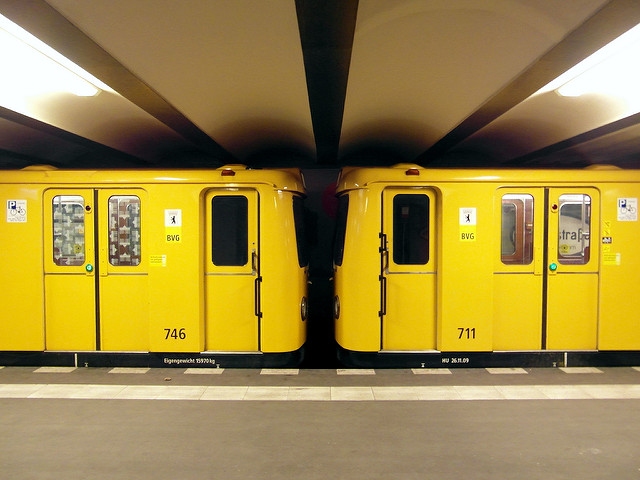Berlin’s public transport system is set to undergo a ‘turnaround’ in the next 15 years, with the state’s ruling coalition promising transport that is “cleaner, more attractive, more comfortable and more reliable”.
On Tuesday the Berlin Senate discussed the Local Transport Plan 2019 (Nahverkehrsplan 2019-2023), which lays out the short and medium-term future of public transport in and around the city.
In constructing new lines, purchasing new buses and trains and improving existing infrastructure, the Berlin Senate plans to spend €28 billion up until 2035 - just under €2 billion per year.
But it’s not all good news for transport users. By 2035 revenues need to be increased by €3 billion, meaning ticket prices are in line for an increase.
As reported in the Tagespeigel, the Berlin Transport Company (BVG) forecasts that revenue needs to be increased by an average of 3.4 percent per year. This amount will be made up by a 1.4 percent increase in ticket prices and a 1.8 percent increase in passenger numbers.
The investment is to be widespread and multi-faceted, with existing trams, trains and bus lines to be improved along with the adding of new services.
The Berlin U-Bahn is set for a substantial increase. In addition to the U5 extension which will be opened in 2020, extensions have been forecast for the U7 (west), the U8 and two extensions to the new Berlin Airport from Rudow (U7) and from the U6 to Tegel Airport.
Trams have been identified as the focus of the expansion, due to the comparatively lower cost of building and extending tram lines compared to train lines.
In total, 16 new construction projects have already been planned on the tram lines.
The plan also includes a promised phasing out of fossil fuel-using buses in favour of electric-powered buses.
 The Berlin Senate has laid out the future of public transport in the city. The centrepiece of the plan is an injection of €28 billion over the next 15 years - although continued fee hikes have been forecast.
The Berlin Senate has laid out the future of public transport in the city. The centrepiece of the plan is an injection of €28 billion over the next 15 years - although continued fee hikes have been forecast.